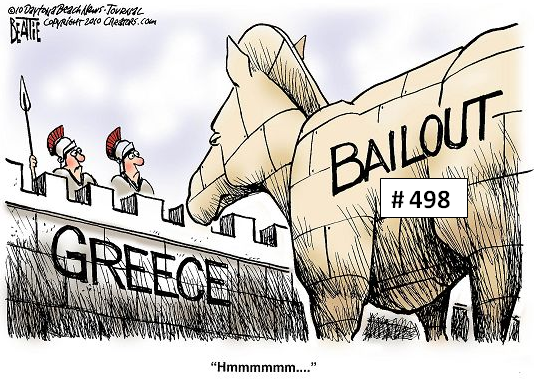Quelle Surprise! Banks Don’t Want to be in IRA Business if They Can’t Treat Customers as Stuffees
If you doubt the public need to be protected from their local mob bosses banks, their latest hissy fit is an admission that they can’t make what they deem to be enough profits unless they take advantage of their customers.
This object lesson is IRAs. Bloomberg reports that if brokerage firms who manage IRAs were required to act as a fiduciary, as in put their customers’ interests first, many would exit the business.
Read more...
